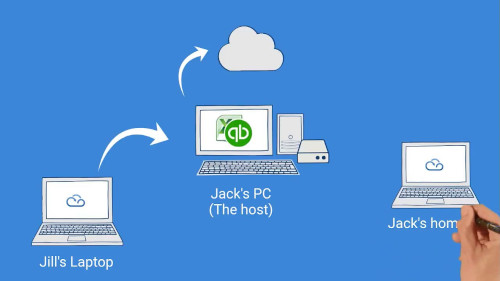Tech companies have long enjoyed the success of their college dropouts. Among its non-alumni hall of fame are Apple’s Steve Jobs, Meta’s Mark Zuckerberg, Microsoft’s Bill Gates, and Spotify’s Daniel Ek.
The most reliable route into a career in tech, however, has always been a degree. As a matter of fact, it still is.
Investing time, energy, and money into a computer science degree will definitely not hinder your career in tech, if you can afford it. A time of high-profile industry “rightsizing” makes this especially relevant.
Many big-name tech employers have, however, indicated that a degree is no longer an unnecessary barrier to getting hired. Shortly, it prevents too many qualified candidates from getting in the door.
A new collar job
Several US companies, including Google and IBM, have reduced their educational requirements. The focus is instead on the skills and experience necessary for the job itself.
In the EU, almost 40% of 25- to 34-year-olds lack third-level education, which is likely to open up new opportunities.
With fewer than one third of its job listings for IT roles requiring a degree, IBM pioneered this shift.
The term “new collar jobs” refers to the increasing number of careers that do not necessarily require a traditional degree, but rather a specific set of in-demand skills.
Additionally, it has developed apprenticeship programs that provide on-the-job training in areas ranging from blockchain to cybersecurity.
Programmes at low costs
New pathways are also being developed by other tech firms. A new program from Google, available online through Coursera, enables people to become prepared for growing careers, including data analytics, user experience design, and project management.
People who can’t afford traditional education or who want to change careers can learn online at their own pace.
Employers and industry experts recognize them for their ability to be completed in under six months with no relevant experience or a degree. The Google Project Management Professional Certificate takes six months to complete, at ten hours a week, and prepares you for entry-level jobs in a fast-growing, high-paying industry.
MOOCs (massive open online courses) are also available online, often for free, from some of the world’s top universities and education platforms like Udemy.
Such courses demonstrate your motivation, discipline, self-starter attitude, and growth mindset.
With courses in software development, data science, and cyber security, Woz U, founded by Apple co-founder Steve Wozniak, a college dropout, provides independent students with technology education. In spite of recent layoffs in the tech industry, demand for those skills has continued to grow.
Apprenticeships at Accenture lead to postgraduate master’s degrees. From app development to platform engineering, 20 percent of its entry-level roles will be filled through this method in the US.
Individuals who want to launch a tech career without a technical background can enroll in its master’s degree apprenticeship programs.
Since Accenture launched its apprenticeship program in 2016, over 1,200 apprentices have been hired. Eighty percent of the 960 employees lacked a four-year degree when they joined the company.





